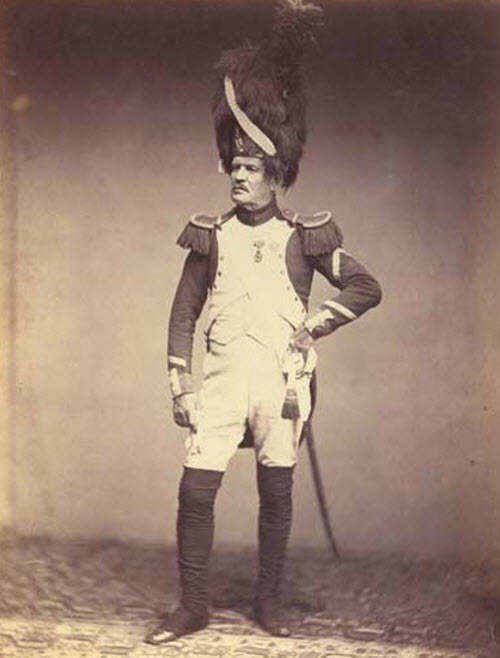The Napoleonic Wars
France Versus the World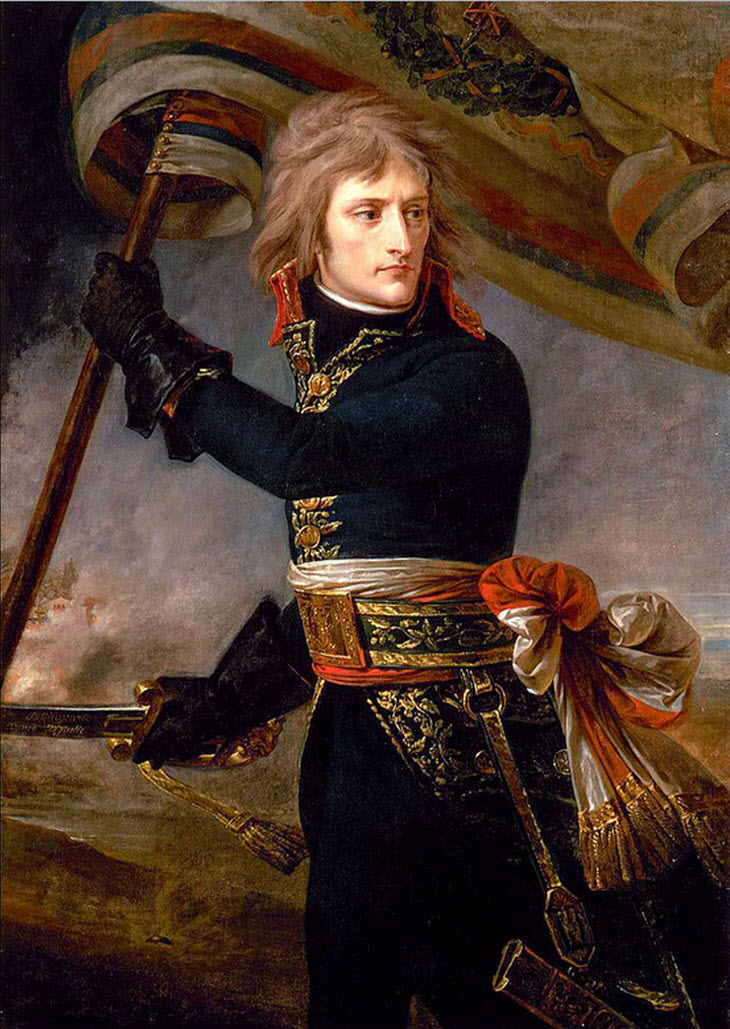
The Wars of Napoleon's France
The Napoleonic was were the first true World War, involving fighting at sea and on almost every continent - from Europe, to the Americas, to Africa, the Middle East and India. The outcome would alter the history of the world forever.
Topics Covered
- The Coalitions Against France
- The Italian Campaign
- The Peninsular War
- The Russian Campaign and the Retreat from Moscow
- French Puppet States
- What Ifs of History
Related Articles
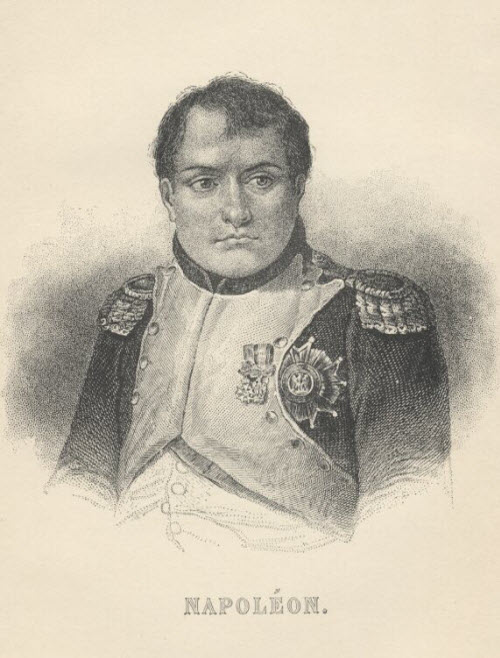
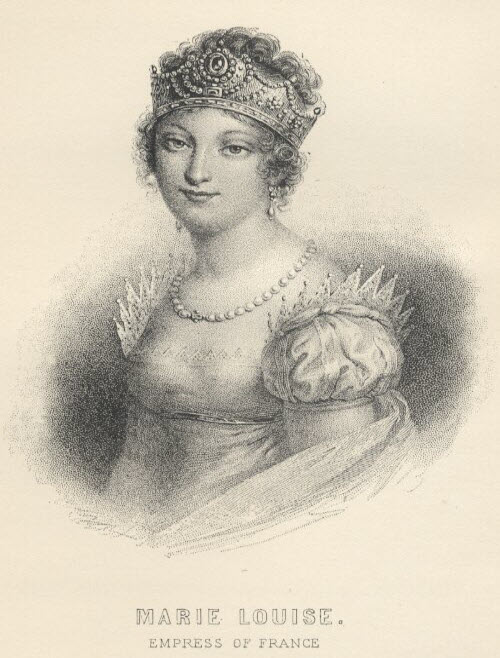
The World's First World War
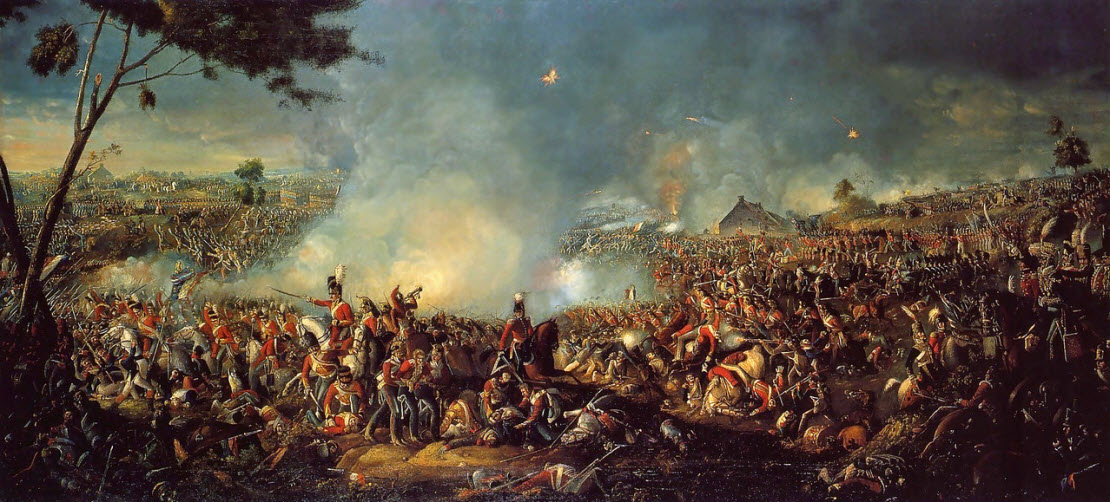
Total War During the Age of Napoleon
The Napoleonic Wars (1799 to 1815) were a series of conflicts between France and shifting coalitions of enemies, some including former allies who had switched sides. There is no consensus as to when the Napoleonic Wars began, since they were in many ways merely a continuation of the Revolutionary Wars which began with the French Revolution, and continued almost uninterrupted until the fall of Napoleon in 1815.
Some historians are of the view that the Napoleonic Wars began in 1799, when Napoleon seized power in a coup. Others suggest that the Napoleonic wars began in 1803, when war resumed between England and France following the brief Peace of Amiens. This website adopts the earlier date of 1799, when Napoleon took over supreme command of French foreign policy and military strategy as the start of the Napoleonic wars. Using this benchmark, the Napoleonic wars lasted over 15 years and involved conflict on an unprecedented scale and area and for the first time, the use of mass conscription to field large armies on long, sustained campaigns. By most standards, given the scope of the fighting and the number of belligerents, the Napoleonic Wars could be considered the First World War.
The Napoleonic wars were also unique in that they were the first total wars, in which the participants mobilized all of their resources to finance and arm their armed forces. As such they presaged the horrors of total war in World War 1 a century later. They were also the first people's wars, with fighting in Poland and Spain characterized by mass popular uprisings - instead of being simply contests between rulers who until then, in previous wars, had relied extensively on mercenaries.
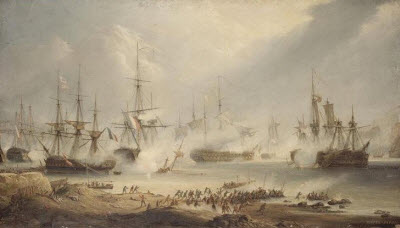
Battle or Battles of Algeciras, 1801 - During the Napoleonic War
Fighting took place primarily in Europe, but also involved significant campaigns in North America, Asia (primarily India). The two constant antagonists were England and France, each supported by an ever shifting assembly of allies and co-belligerents. During the Napoleonic Wars, Britain assembled several Coalitions against France, comprising many of the leading nations of Europe, notably Prussia, the Austrian Empire and the Russian Empire. However many of France's enemies also fought as allies of France at various times, due to the shifting alliances and because Napoleon succeeded in defeating and knocking some of his enemies out of the fight, at least for a while.
Napoleon's military achievements in the face of overwhelming odds are remarkable. France was a populous country by European standards during the Napoleonic era, but its population and resources were dwarfed by the combined strength of its enemies, who fielded numerically superior armies. Geopolitically, too, France was vulnerable from land and sea invasions from all sides. Yet Napoleon's military genius was able to defeat most of the coalitions formed against him, and out of 60 major battles the French under Napoleon won all except seven, mostly at the end.
At its height, the French Empire under Napoleon controlled most of Europe either directly or through client states, some of whom were ruled by relatives of Napoleon. Napoleon had plans to expand his territory even further and sought alliances with Turkey and Persia to strike at the British possessions on England. He also dreamt of invading England itself, but his invasion fleet proved unequal to the might of the British navy.
Unable to conquer Britain, Napoleon instituted the Continental System which required all of Europe to deny entry to British shipping and commerce. In this way, Napoleon hoped to enforce a blockade on England and bring it to terms. However Russia, a former ally, proved uncooperative and so Napoleon invaded Russia with one of the largest armies ever fielded. It was to prove one of Napoleon's few military blunders, and lead directly to his undoing and the complete collapse of his Empire.
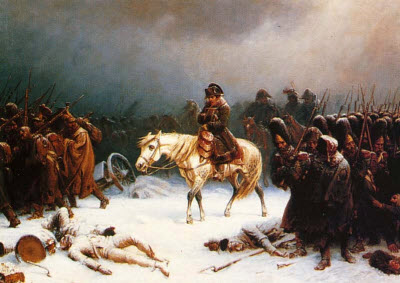
Beginning of the End: Napoleon Retreats from Russia
Napoleon's forces swept aside all opposition and occupied Moscow. But it was an empty victory because the Russians burnt every city that they were forced to surrender, including Moscow. And so the French found themselves isolated and unable to requisition supplies from the local population. And now winter set in, so Napoleon and the Grand Armee were forced to retreat while pursued by the vengeful Russians. The remnants of the French army that reached the relative safety of its bases in Poland and Germany represented less than ten percent of the original invasion force.
Now Prussia, Austria and other states joined in the fight and Napoleon was forced back into France. Paris was occupied by the allied forces and Napoleon was forced to abdicate. Exiled to the island of Elba off the Italian coast, Napoleon soon escaped and landed on the south of France. Government forces sent to stop him defected to their former commander and he marched back to Paris in triumph. Napoleon's 100 Days had begun.
Once again the allies gathered to crush Napoleon but Napoleon sought to once again defeat them. Napoleon enjoyed some early successes, but he was perhaps not the same brilliant general that he had been in his younger days. He had been at war almost continuously for well over 10 years and his health had suffered. He experienced stomach problems and painful attacks of piles. At Waterloo, his famous luck failed him and he suffered his last defeat from which he would never recover. Abdication and a new exile to remote St. Helena would follow.
The Napoleonic Wars and Napoleon were finally over.

